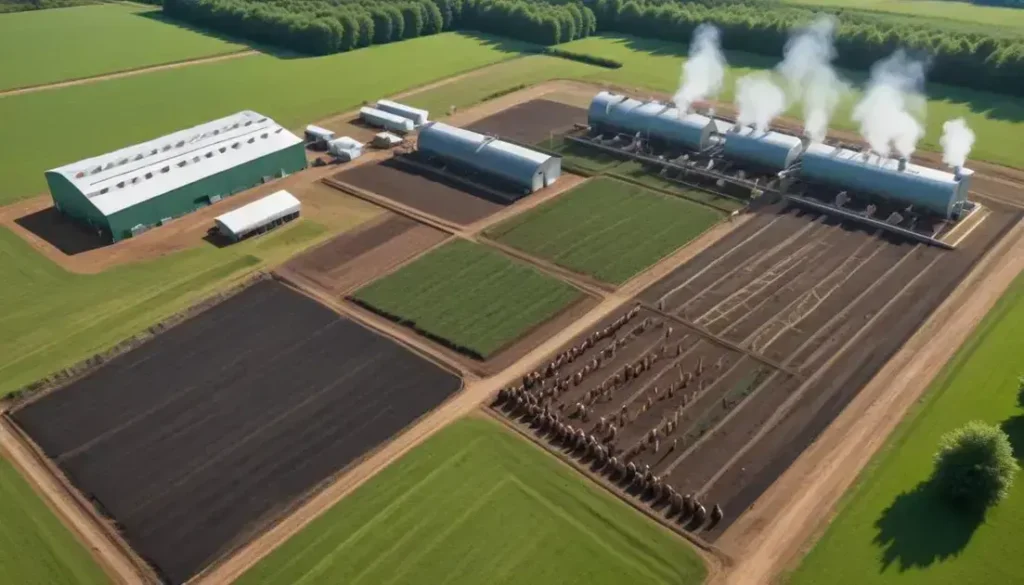A Circular Economy promotes sustainable resource management by reducing waste, enhancing recycling, and designing products for longevity, benefiting both the environment and UK businesses.
The EU’s push for a robust circular economy aims to revolutionise resource management. What does this mean for the UK’s strategic positioning?
Understanding the EU Circular Economy Act and its objectives
The EU Circular Economy Act aims to fundamentally shift how resources are used and managed within the economy. By promoting sustainable practices, the act addresses the pressing issues of climate change and environmental degradation. It encourages businesses to rethink their operational structures, aiming for a system where waste is minimized and materials are reused as much as possible.
One of the primary objectives of the act is to establish a comprehensive framework that supports recycling and resource efficiency. This not only benefits the environment but also provides economic opportunities for UK businesses. Companies that adopt circular principles can enhance their reputation, cater to eco-conscious consumers, and potentially reduce costs through efficient resource management.
The act also sets forth guidelines for product design, urging manufacturers to consider the lifecycle of their products from the outset. This shift towards durability, repairability, and recyclability is pivotal in reducing the environmental impact of production. Furthermore, initiatives within the act incentivize innovation in materials and processes, fostering a culture of sustainability across various sectors.
In Summary, the Importance of Embracing Circular Economy
The EU Circular Economy Act presents a vital opportunity for businesses to innovate and adapt in an ever-changing market. By prioritising sustainability, firms can reduce waste and enhance their competitive edge.
As the UK grapples with new regulations post-Brexit, embracing these circular principles becomes essential not only for compliance but also for long-term success. Companies that respond positively to these changes are likely to attract eco-conscious consumers and improve their overall efficiency.
Ultimately, understanding and implementing the objectives of the Circular Economy Act can pave the way for a more sustainable future, benefiting both the environment and the economy.
Frequently Asked Questions
What is the EU Circular Economy Act?
The EU Circular Economy Act is a legislative framework aimed at promoting sustainable practices by encouraging recycling, reducing waste, and improving resource efficiency.
How does the Circular Economy benefit businesses in the UK?
Adopting Circular Economy principles can help UK businesses reduce costs, enhance their reputation, and attract eco-conscious consumers by minimising waste and maximising resource use.
What are the key objectives of the Circular Economy Act?
The main objectives include promoting recycling, designing products for longevity, and supporting the development of sustainable materials and practices within various industries.
How can companies prepare for changes brought by the Circular Economy Act?
Companies can start by evaluating their current resource management practices and exploring ways to integrate recycling and sustainability into their operations.
Will the Circular Economy Act impact all industries equally?
While all industries will be influenced, manufacturing, retail, and waste management will likely face the most significant changes due to their direct involvement with materials usage.
What resources are available for businesses to learn about the Circular Economy?
There are numerous resources, including government websites, industry reports, and sustainability guides that provide insights and strategies for implementing Circular Economy practices.


